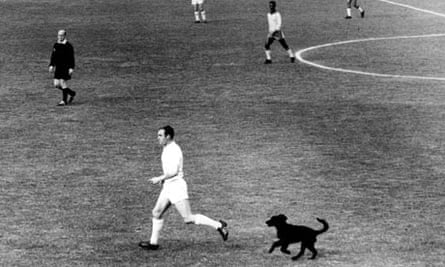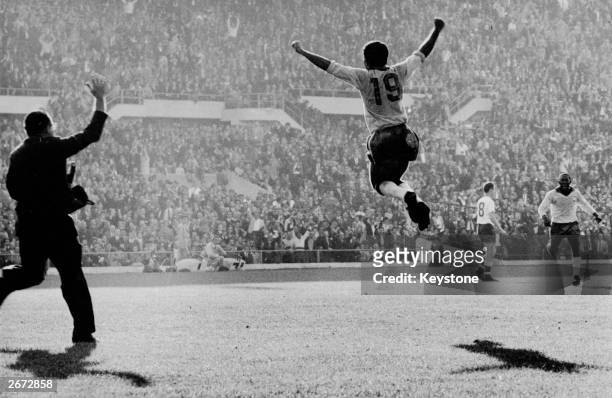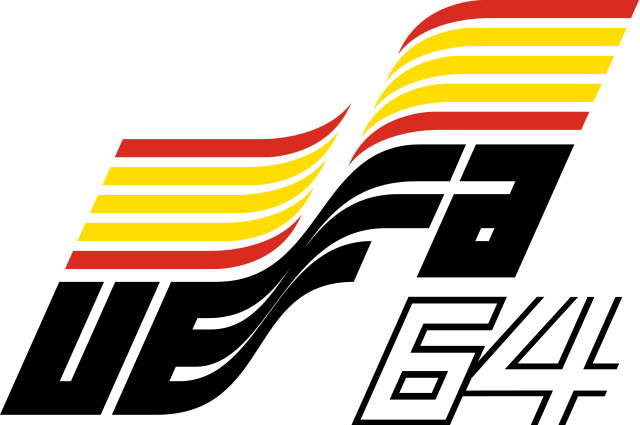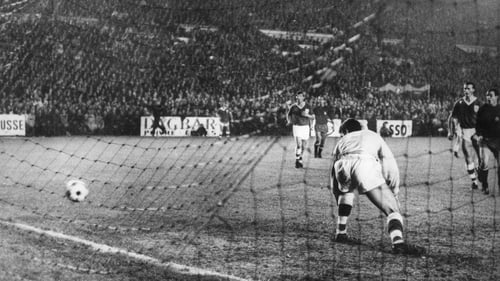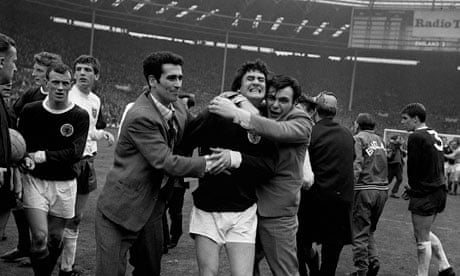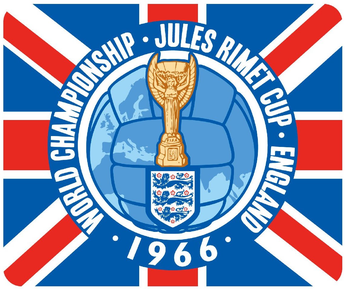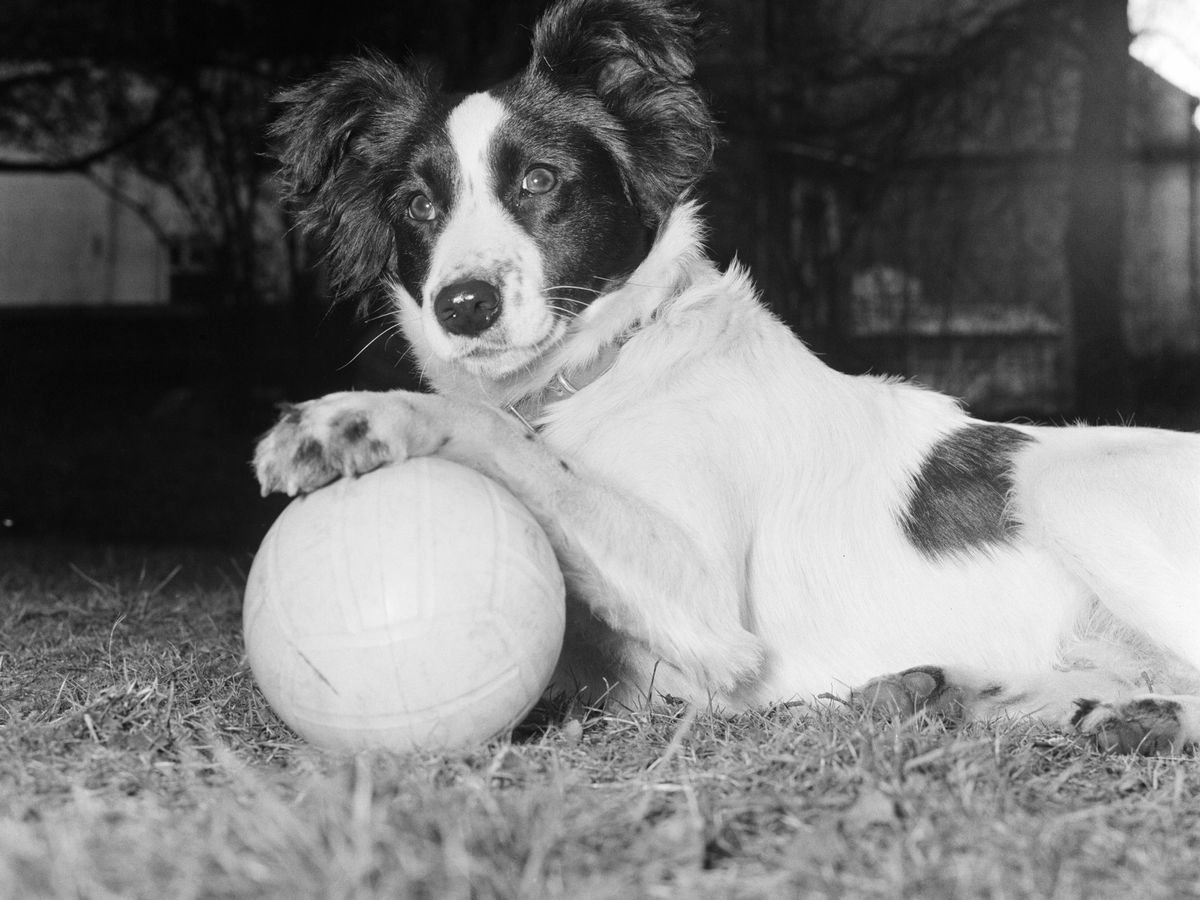1962 World Cup: Group Stage
1962 World Cup
"A battle in Santiago"

The appointment of Chile as the host of the 1962 World Cup was a controversial one. When it was announced that the small South-American nation would get to host what was probably the second most prestigious sporting event in the world, large amount of criticism flew towards FIFA, citing how the country was not suited to hold a World Cup, and that Argentina should host the tournament instead. Yet, Carlos Dittborn, the president of the Chilean FA used everything he had to convince the World that Chile was not only capable of organising the 1962 World Cup, but that they could do it tomorrow. "Because we have nothing, we want to do it all!" echoed through FIFA, and the federation entrusted Chile in return. "A battle in Santiago"

Organisation went on relatively smoothly, as the already existing venues were being expanded, most notably the National Stadium in Santiago. But, all of the progress vanished when on 22nd of May 1960, Chile was struck by the Valvidia earthquake. The largest, most disastrous earthquake to ever take place had devastated Chile, and many began to doubt if the already struggling nation could be able to host the World Cup after such an event. Yet, Chile never gave up, and the preparations continued, with four venues being chosen for the eventual tournament. No doubt, the fact Chile was able to host this tournament was a miracle in its own, and the entire nation breathed for this tournament, even if president Jorge Alessandri did sound a bit unenthused during his opening speech.
The qualification process saw plenty of familiar teams entering the tournament. The fact Chile was hosting the event meant that four South American nations were going to be present in this iteration of the World Cup, with Colombia making its first ever appearance, while Bulgaria was making its debut as well, after shocking everyone by beating France in the qualifiers. Wales was also returning, after an outstanding match against Spain and a squaky win against Morocco, while Scotland managed to capitalise of Ladislav Kubala's absence to pull off a miracle win against Czechoslovakia in the play-offs. Finally, Germany was making its return after being absent in 1958, as their new manager Helmut Schoen decided to rely on best-performing players of the new Bundesliga. Dresden; Hamburg; Jena; Nurnberg and Cologne were the dominant teams within the squad, with Gunter Schroter in particular leading the team as their playmaker.
Aside from Mexico continuing its regular appearances in the World Cup, 1962 would see the fundemental flaw of the 16 team format, as only European and American teams were going to participate in the event. No Asian, Oceanian or African teams were present, as they had to play in intercontinental play-offs, and criticism by the said federations quickly began to be heard in FIFA, with demands for an expansion of the limited format.
Group 1
The first group began with a South American duel between Colombia and Uruguay, with Francisco Zuluaga opening the scoring via a penalty kick. However, the Uruguayans replied via vicious tackling, which resulted In Zuluaga being injured, and Lá Celeste turning the game around. The highly political match between the Soviet Union and Yugoslavia was just as ugly to watch, what with Eduard Dubinski suffering a broken leg after Muhamed Mujić tackled the Soviet Player. That didn't help Yugoslavia though, As the Soviets dominated the match from start to finish.
Yugoslavia did manage to recover following that defeat, dominating Colombia and enjoying a hard-fought win against Uruguay, While the USSR only had one hiccup during their campaign when Colombia drew 4-4 against them, with Marcos Coll outsmarting Lev Yashin via an Olympic goal - the first of its kind. Colombias gallant efforts weren't enough though, and the two Slavic teams ensured they would be going to the quarter-finals.
Group 2
The hosts had a good showing Against Switzerland, as Chile pulled a comeback win against the Swiss following an early goal by Rolf Wurtrich, but the main match that everyone and their mother talked about was the one between Chile and Italy. Prior to the tournament, the Italian media had a field day badmouthing the hosts, and that alone was enough to anger the Chileans and motivate them to beat the Azzurri. A fight ensued, as the Italian and Chilean players faced off, even leading to the police escorting the Italians out of the pitch. By the time the match continued, both were still up each other's throats, with Leonel Sanchez punching Mario David, but no-one batted an eye, and David returned the favor. The battle of Santiago, as it would be called, showed the absolute worst of the Beautiful game, as both teams relied on dirty tactics until Jorge Toro had enough, and kicked the ball from a large distance, outsmarting Carlo Mattrel and leading to a Historic Chilean victory.
Aside from the Battle of Santiago, Germany had its best outing in the World Cup yet, topping the group and remaining undefeated under the watchful eye of Helmut Schoen. The draw with Italy was followed by victories against Chile and Switzerland, meaning the Azzurri were firmly out of The World Cup.
Group 3
The reigning champions had an easy time demolishing their group, with Mexico adjusting well to the heat of Santiago to win against returnees Wales before shocking Scotland at the last matchday. Indeed, Scotland’s “Skilled but fragile” team looked good after beating Wales and managing to hold a draw with Mexico, but an error by the Tartan defense led to a penalty for El Tricolor, and Hector Hernandez converted it into a Historic win for the Mexican national team, while Denis Law, who had just signed for Torino FC over the summer, could only watch as Scotland crashed out of the group stage for the second time in its history.
Group 4
The fourth group of the tournament was without a doubt the Group of death, as World Cup runners-up England played against a skilled Argentine squad despite the lack of an injured di Stefano, along with a rejuvenated Hungarian side led by Lajos Tichy, who was by 1962 in his absolute prime. Indeed, Hungary pulled off an upset win against England when Florian Albert scored the winning goal against the Three Lions, but the latter recovered well to routinely beat the Bulgarians, and finally pulling off a 3-1 triumph against Argentina. The lack of Alfredo di Stefano, who was in the middle of his best years, was very much apparent, and Argentina was once again exiting the World Cup and licking its wounds.
Changes in the timeline:
1. Scotland outqualifies Czechoslovakia, as Adolf Scherer's 84th minute goal is slightly difficult to see, with the ball being slightly outside the goal line. Again, I have to thank QTXAdsy for the info, but as you can see, I feel like this generation of Scotland, while good, still wasn't near its eventual quality, and thus they would miss out on the knockout stage via a last minute penalty by Mexico, while Wales replaces Spain's position in the group, but not before beating la Roja in the qualys due to the Spanish lacking the Hungarian players and di Stefano in this TL. Thus, Mexico enjoys a historic win which places it in the quarter-finals. Will the Mexicans run into a 4th game curse this time?
2. With England having their Busby Babes generation intact, they have a much better time in the group stage, with the odd hiccup against Hungary along the way.
Sorry for the post being so unoriginal compared to the real thing. Either way, I am happy to be writing this, since it's a bit of an escape from the stuff I am having to do in my private time.
With that, here are the upcoming matches for the Quarter-finals:
Soviet Union v Chile
Brazil v England
Germany v Yugoslavia
Hungary v Mexico
